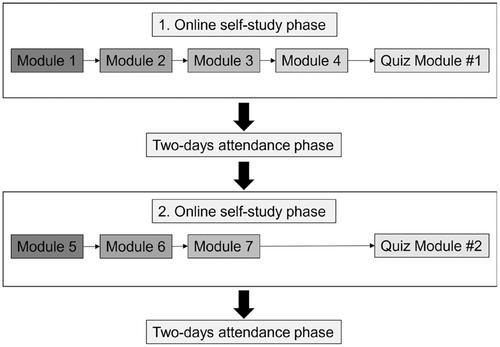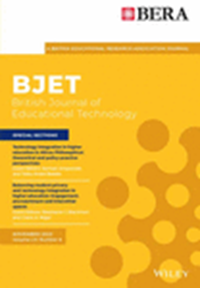Meeting the challenges of continuing education online courses: Can we promote self-regulated learning strategies with adaptive support?
Abstract
Online courses are particularly attractive in continuing education because they offer a high degree of autonomy and flexibility, although this requires learners to take greater responsibility for self-regulating their learning. That can be challenging for adult learners as they need to handle other obligations in addition to learning. Thus, self-regulated learning (SRL) support might be needed. In the present study, we aimed to investigate how the specific SRL challenges that adult learners face in online courses can be supported adaptively. Main challenges for adult learners consist in managing learning resources (e.g., time, attention, learning environment). To address these challenges, we developed an adaptive support intervention comprising several features. To assess the effects of the adaptive support on the self-reported SRL strategy application of adult learners, we analysed data from five iterations of a continuing education online course comparing iterations with adaptive support (with a total of N = 36 participants) to iterations without (with a total of N = 35 participants). Results indicate that the adaptive support significantly improved environmental structuring but did not significantly affect other SRL strategies. Further analyses revealed that learners who did not use the support deteriorated in managing their learning time and in setting specific learning goals during the course.
Practitioner notes
What is already known about this topic
- Adult learners are likely to face various challenges in self-regulated online learning, including managing conflicting responsibilities and maintaining focus.
- Adult learners' successful application of SRL strategies can be challenging, underlining the need for support.
- Adaptive support interventions have demonstrated positive effects in various educational contexts, indicating potential effectiveness for adult online learners as well.
What this paper adds
- The study provides insights into the positive effects and potential pitfalls of designing an adaptive support intervention to improve adult learners' self-reported use of the SRL strategies of effort, attention, time management, environmental structuring, and goal setting.
Implications for practice and/or policy
- The findings suggest that providing adaptive support, namely a structured course overview and adaptive recommendations of learning time and relevant content, can positively influence adult learners' environmental structuring.
- Our findings also highlight the challenge of achieving optimal support design, as evidenced by low support use. This finding highlights the need to explore additional methods to motivate adult learners to use the support provided while carefully respecting their autonomy.


 求助内容:
求助内容: 应助结果提醒方式:
应助结果提醒方式:


